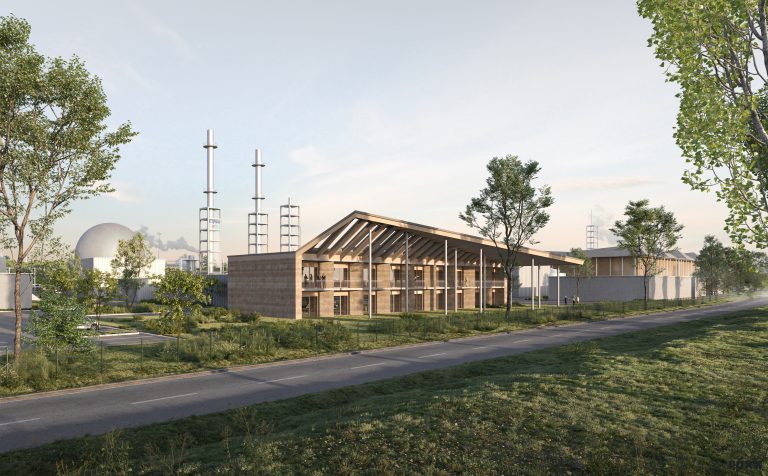
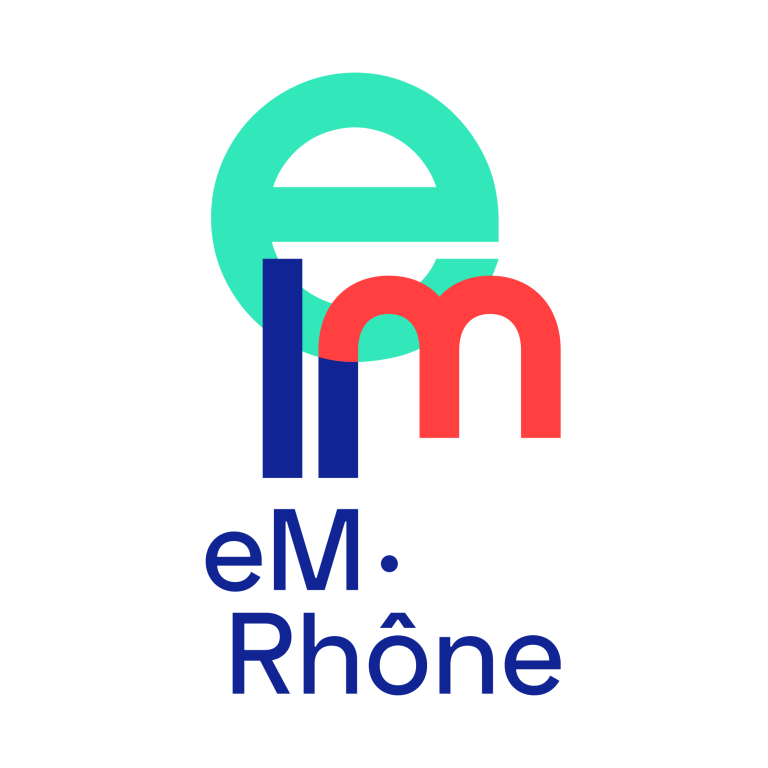
The eM-Rhône project aims to produce 150,000 tons per year of e-methanol in the Rhône Valley to provide the chemical industry and maritime operators with a decarbonization solution derived from sustainable hydrogen and recycled carbon.
This solution, tailored to existing infrastructures, allows for the substitution of imported fossil methanol with a molecule produced locally at the Roches-Roussillon chemical platform in Isère, thus contributing to energy sovereignty and green reindustrialization.
The project is a laureate of the European Innovation Fund, one of the main tools of the industrial plan of the European Green Deal.
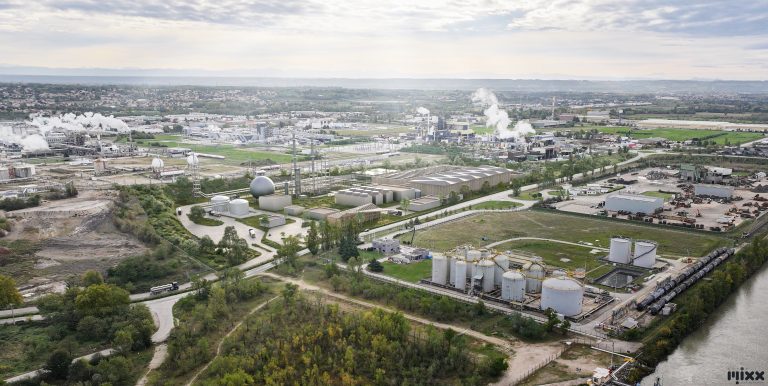
Methanol, the simplest alcohol, is a leading industrial commodity with a global annual production of over 100 million tons, used in the manufacturing processes of numerous everyday products such as cosmetics or biodiesel. France imports between 600,000 and 800,000 tons of methanol annually for its industries.
Specifically, e-methanol is produced from hydrogen and carbon. Hydrogen is extracted from water through electrolysis, using an electric current, while carbon is captured from industrial processes and purified of impurities. Hydrogen (H2) and carbon (CO2) are then synthesized to produce e-methanol (CH3OH). This mixture is distilled to remove water, similar to processes in perfumery, and stored in liquid form in tanks, akin to petroleum or ethanol used in vehicles.
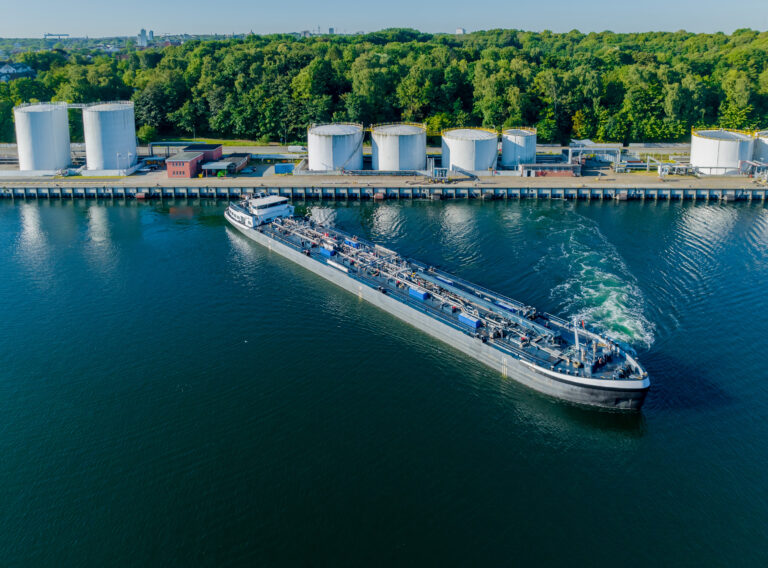
Methanol also proves promising as a sustainable alternative fuel in maritime transport, particularly for container ships, ferries, bulk carriers, and cruise ships.
The maritime sector is committed to reducing its carbon footprint, as regulated by European (FuelEU Maritime) and international (International Maritime Organization) regulations.
Beyond reducing greenhouse gas emissions, methanol also drastically reduces atmospheric pollutants such as sulfur dioxide. Biodegradable in water, it minimizes risks to biodiversity in case of leaks or accidents.
Operators recognize this potential; methanol-powered vessels lead the order books for container ships in 2023, with over 200 ships under construction.
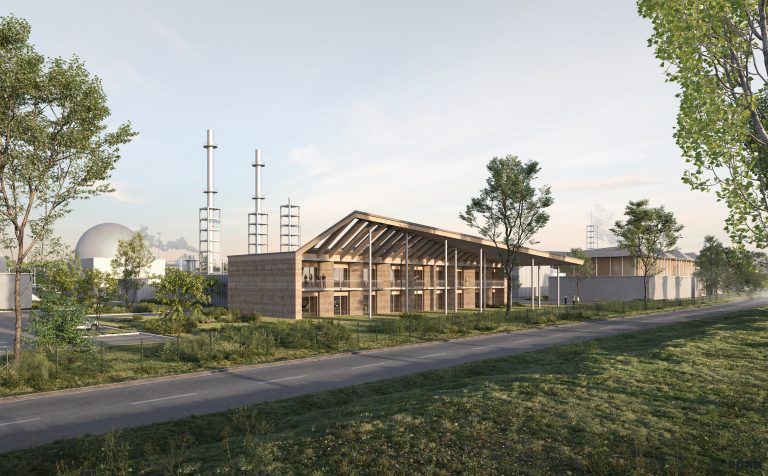
The eM-Rhône project is located on the Roches-Roussillon chemical platform in Salaise-sur-Sanne, Isère. Managed by the Economic Interest Group (EIG) OSIRIS, this platform brings together global leaders in industry and chemistry in the Rhône Valley. It is one of the main methanol consumption hubs in metropolitan France.
The Roches-Roussillon site offers several advantages, including leveraging expertise in industrialization and risk management, multimodal connectivity, and access to available skills in the region. It aligns with the decarbonization efforts of the OSIRIS EIG, offering genuine industrial synergies.
The cost of the eM-Rhône project is inherently sensitive to the economic environment, particularly to raw material costs. As a laureate of the European Innovation Fund (Innovation Fund), the project, submitted with Lafarge, represents a total investment of approximately 700 million euros excluding taxes. Its financing relies on various sources depending on its stages of study, design, and construction, such as equity from Elyse Energy, infrastructure funds, and banks.
Legal elements: Coordinator: Benoît Decourt, [email protected]


